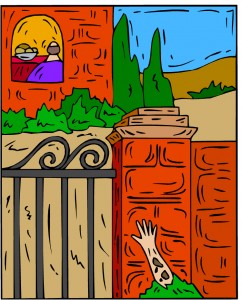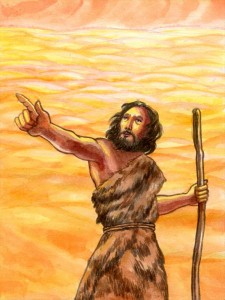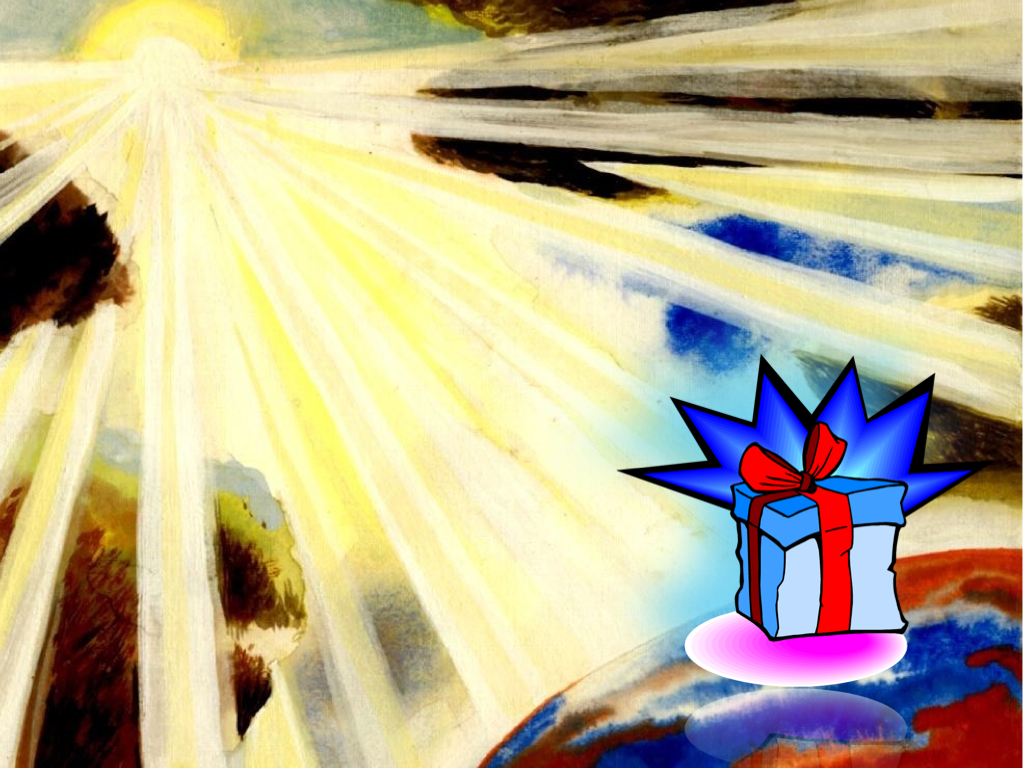Luke 3:7–17, Then he said to the multitudes. What’s really going on in this exchange between John and the religious folks of his day? Let’s step back and look at the bigger picture.

The multitudes of Jews had to make the long, hot and arduous journey down through the Judean mountains down to the Jordan River, which was the lowest spot on earth, to hear John the Baptist who was the latest fad preacher to come on the scene. However, when they arrived at his lonely wilderness pulpit, instead of stroking their egos by complimenting them for their religious zeal, he excoriates them and calls them a brood of vipers. John confronts them when he says that if they don’t repent, the fires of YHVH’s judgment will consume them (John 3:7–9). John’s preaching pierces their hearts, and lays them low spiritually, and they ask him what he expects them to do (John 3:10). John then preaches a message of social justice involving giving to the poor, being fair and honest in your business dealings, and if you’re a government worker, treating the citizens you serve with respect (John 3:11–14).
Interestingly, he doesn’t instruct these religious Jews in what many might consider to be the specificities and dos and don’ts of the Torah-law. In our day, most Messianically inclined Torah teachers are telling their listeners to punctiliously start observing the 613 commandments of the Torah, and to cease working on the Sabbath, stop eating pork, toss the Christmas trees in the dumpster, grow a beard, put on a tassel and a head-covering, and to say “Yeshua” instead of “Jesus.” John instead tells his hearers to go back to the basic — something they either never learned to do or they had forgotten along the way. He’s really saying, “Just be nice to your neighbor. Be fair, honest, loving and caring in your dealings with your fellow man.” And then John points them to Yeshua the Messiah who is soon to become the new star on the Judean preaching scene (Luke 3:16–17). So be nice and follow Yeshua—the most loving Person of all, he says.
When witnessing to people, what is our approach? Do we bash them over the head with a Torah scroll by telling them all the religious legal requirements that are required of them, or do we tell them simply to love one another and to follow Yeshua, which inevitably, but lovingly, will lead them to observing the righteous requirements of the Torah?
But there’s more. Continue reading →





